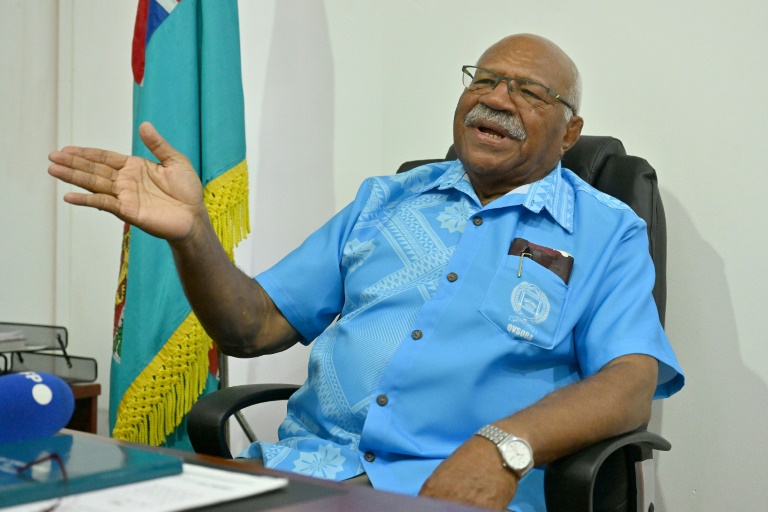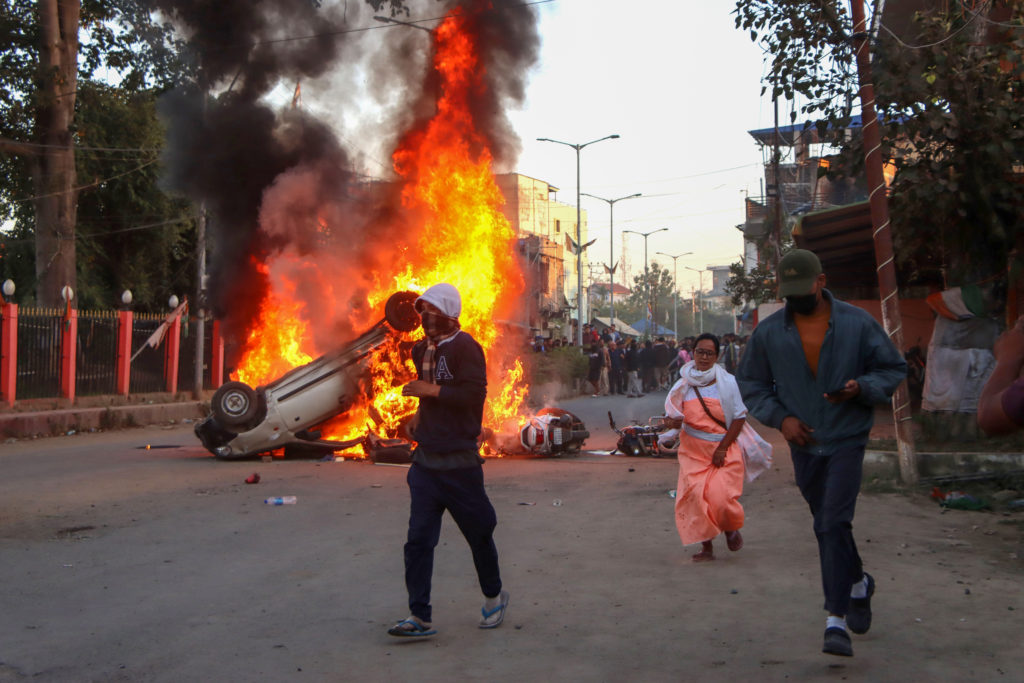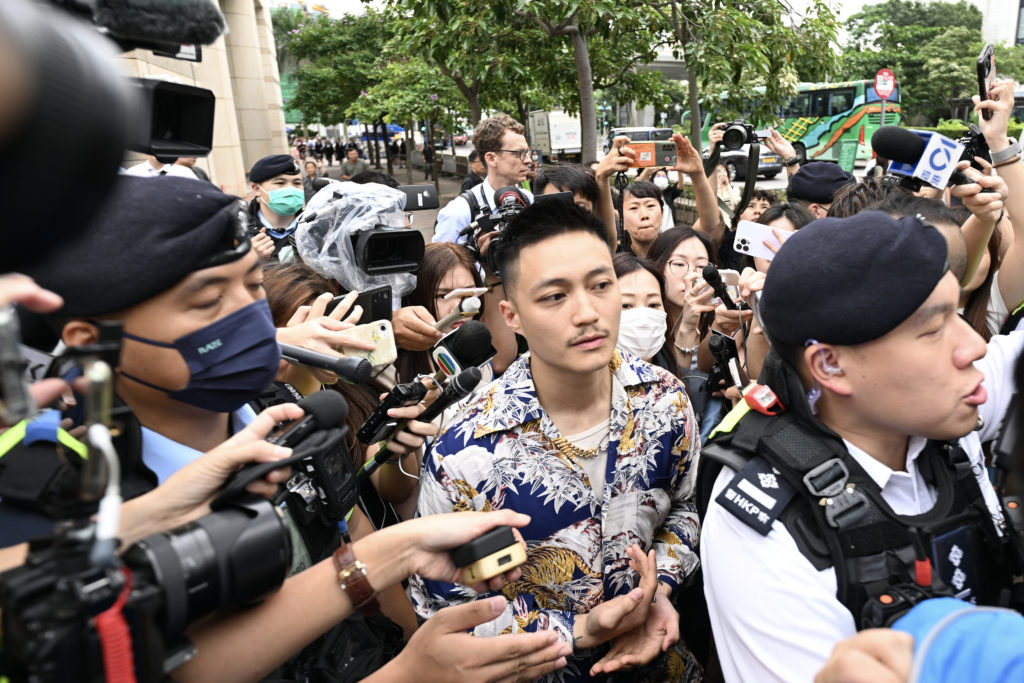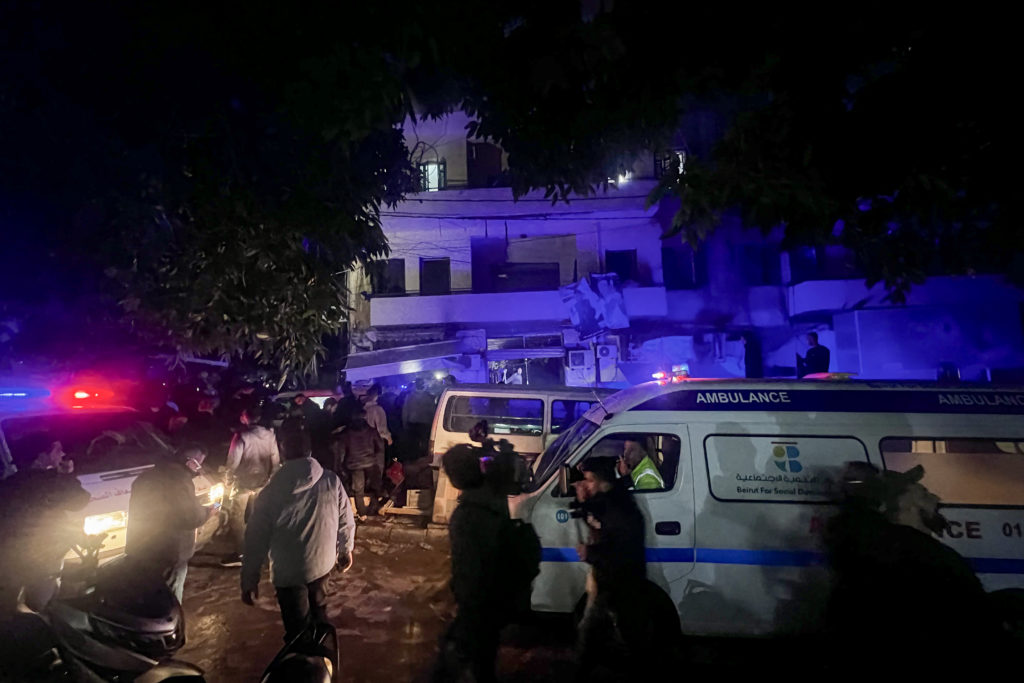Former coup leader and prime minister Sitiveni Rabuka told AFP he will challenge Fiji's election results
Fiji’s opposition leader said Thursday he will challenge the country’s election results, after an overnight “anomaly” abruptly halted a tally that showed him holding a very early lead.
Sitiveni Rabuka — a former prime minister and two-time coup leader nicknamed “Rambo”– told AFP his party had a right to “legal redress”, in his first public remarks on the incident.
“We will pursue every avenue available to us to make sure that the people are not denied their right of electing their government,” he said in an interview, saying he would first take his case to the country’s electoral commission.
“I have to be convinced that it is the correct result. Even with the participation of the courts,” he said as he flicked through a copy of the country’s constitution.
Rabuka, who called on his supporters to remain calm, is trying to replace Fiji’s leader of 16 years, Prime Minister Frank Bainimarama.
The 68-year-old prime minister seized control in a 2006 putsch but legitimised his grip on power with election wins in 2014 and 2018.
After four coups in the past 35 years, the vote is being seen as a test of the Pacific nation’s fledgling democracy.
As the very first batch of votes was tallied on Wednesday, Rabuka held an early lead, raising his supporters’ hopes of victory and the first peaceful transfer of power in two decades.
Then, in a hastily arranged press conference in the early hours of Thursday, election supervisor Mohammed Saneem said vote counters had stopped publishing results after detecting an “anomaly”.
Four hours later, as dawn broke, provisional results were back online and Bainimarama was ahead and projected to win the election.
Saneem cited a “mismatch” between votes cast and the tallies published for some candidates — with a few relatively obscure figures polling well ahead of the major parties.
“To cure this, the Fijian Elections Office had to review the entire mechanism through which we were pushing out results,” he said.
The late-night irregularity dominated local news bulletins and was met with scepticism and anger on social media, but Saneem defended the integrity of the count.
“Everyone is too hungry for conspiracy theories,” he told reporters.
Rabuka said he wanted to know what took place, but urged composure and said the legal process should play out.
“In layman’s terms, at this point, it is a complaint. Later on … it will probably be asking for legal redress and for the court to adjudicate,” he said.
“Let us not be too carried away with what we assessed as an early victory yesterday,” he added, calling on Fijians to “remain calm, especially our supporters.”
– Nervous wait –
Pacific analyst Tess Newton Cain said the glitch “may undermine confidence in the elections as a whole.”
“It will quite likely undermine confidence in the office of elections, and Saneem as supervisor” added Newton Cain, who is Project Lead at Griffith University’s Pacific Hub.
While final results are not expected until Sunday, partial results showed the election was still in the balance.
Bainimarama’s Fiji First party held around 45 percent of the vote, with more than half of the country’s 2071 polling stations counted.
Rabuka’s People’s Alliance and its coalition partner — the National Federation Party — had just under 42 percent between them.
Another potential coalition party is polling just under the five percent threshold to take a seat in parliament.
That fracturing of the opposition could once again deliver Bainimarama victory.
Asked whether he would accept the outcome, win or lose, Bainimarama said “of course” as he cast his ballot in the capital Suva on Wednesday with his granddaughter in tow.
The result of the election holds significance well beyond Fiji.
Rabuka has signalled that Fiji could loosen its ties with China if he is elected.
Fiji has grown closer to Beijing under Bainimarama, who used a “look north” policy to stabilise the economy after Australia and New Zealand hit the country with heavy trade sanctions in retaliation for his 2006 coup.
Fiji has a population of some 900,000 and is heavily reliant on its tourism industry, which was badly damaged by the Covid-19 pandemic.










